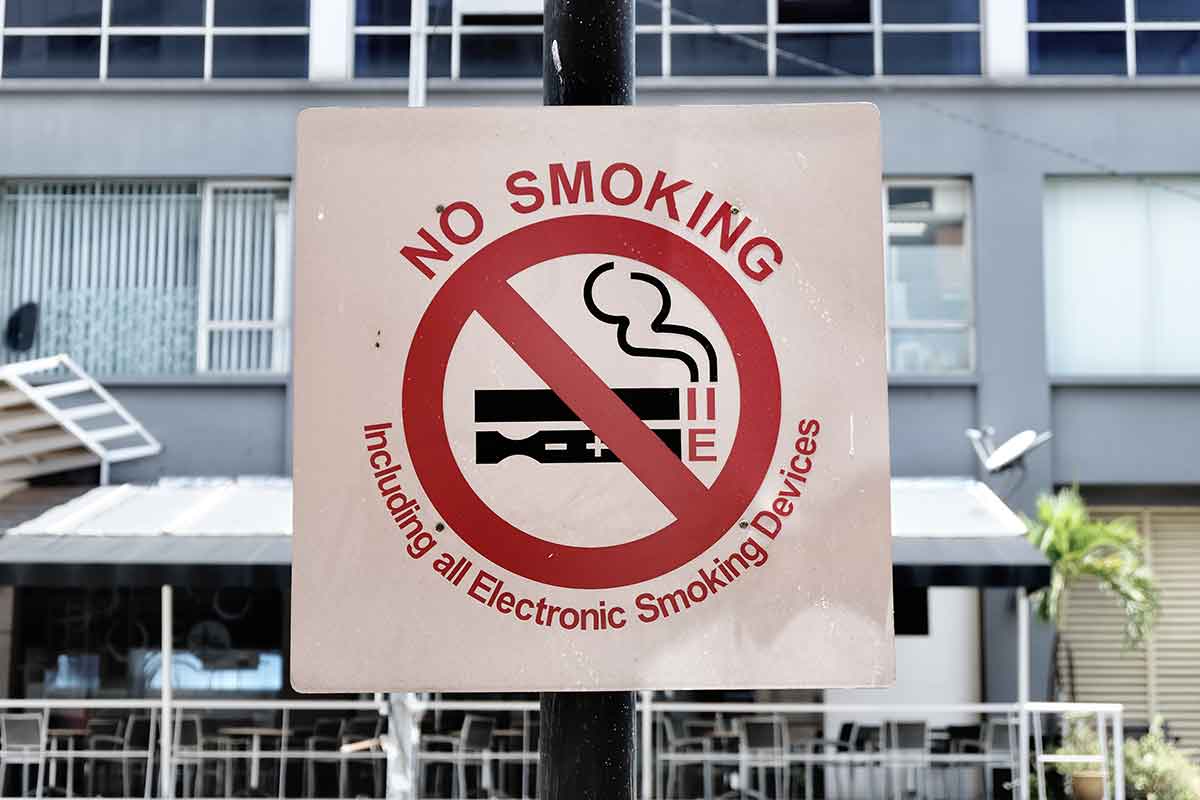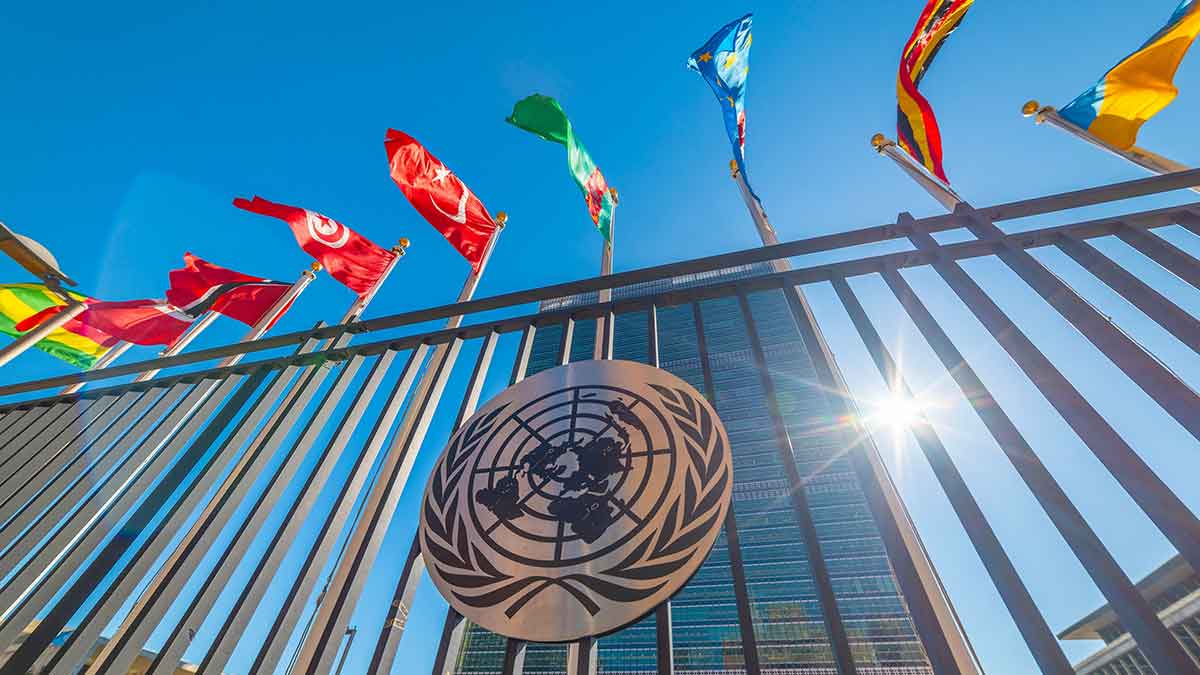- Resources
- News
-
-
Get Email Updates
Sign up for STOP's emails and never miss an update on our latest work and the tobacco industry's activity.
-
Get Funding
Ready to tackle industry interference? You could be eligible for a grant.
-
Share a Tip
Do you have information on tobacco industry misconduct in your country? Let us know.
-
Get Email Updates
Sabotaging Policy
May 19, 2021

Speakers and Health Advocates Expressed Concern Over the Industry’s Attempt to Influence Policy Elites and Undermine a Global Treaty
(New York, May 19, 2021) – On May 17, the new Chief Executive Officer (CEO) of Philip Morris International (PMI), Jacek Olczak, cancelled his appearance at this year’s “The Future of Asia” conference and Philip Morris Japan (PMJ)’s logo was removed from the list of event sponsors. Mr. Olczak’s cancellation follows the withdrawal of high profile speakers, an open letter from leading public health organizations, and calls for leaders to avoid being complicit in violating tobacco sponsorship bans by attending the online event.
Prior to Mr. Olczak’s withdrawal and the removal of PMJ’s logo from the conference website, STOP understands that the Prime Minister of Pakistan, Imran Khan, New Zealand Minister for Trade and Export Growth, Damien O’Connor, and a representative from the World Bank all had informed event organizer Nikkei of their intention to withdraw from the event.
“We applaud world leaders who refused to share a platform with tobacco companies; their business harms health and negatively impacts the United Nations Sustainable Development Goals. PMI manufactures hundreds of billions of cigarettes annually and analysis finds the industry’s new tobacco and nicotine products are being targeted at youth—the real future of Asia,” said Mary Assunta, Head of Global Research and Advocacy at the Global Tobacco Center for Good Governance, and a partner in STOP.
“It is a wise move to end the tobacco industry’s involvement in this event, after the organizers had originally been enticed by tobacco sponsorship,” Assunta added. “The tobacco industry has a clear strategy of sponsoring events to try to subvert bans on tobacco advertising and sponsorship and restrictions on access to policymakers. Conference organizers must recognize that such sponsorships will violate global treaty obligations and domestic policies in many jurisdictions, prompting speaker withdrawals. Governments must remain vigilant; industry sponsorships are designed to influence policy discussions and distract from proven approaches to reduce tobacco use.”
Countries cite tobacco industry interference as the main barrier to progress in reducing tobacco use and parties to the World Health Organization (WHO) Framework Convention on Tobacco Control (FCTC) are required to limit unnecessary interactions with the tobacco industry as a means to prevent perceived conflicts of interest. Most countries also support the United Nations Sustainable Development Goals (SDGs), which commits them to implement the treaty in full.
About the Future of Asia conference
The conference, hosted by Nikkei and scheduled to take place on May 20-21, brings together political, economic and academic leaders from the Asia-Pacific region to discuss “The Future of Asia.” The speaker line-up currently includes the Prime Ministers of Cambodia, Japan, Malaysia, Nepal, Pakistan, Vietnam and Thailand. The tobacco industry may be targeting these types of events to gain access to and influence global institutions and policy elites.
The event, held annually since 1995, this year focuses on post-COVID recovery. Based on publicly available information dating back to 2010, STOP did not find a record of prior tobacco industry participation. PMJ’s and PMI’s arrangements with the organizer, Nikkei, may represent the company’s latest attempt to buy access to influential gatherings, a well-documented tactic it uses to try to rehabilitate its image while continuing to sell deadly tobacco products worldwide.
In April 2021, PMI sponsored another event on COVID-19 recovery, hosted by Foreign Policy, which was cancelled when panelists including the Organization for Economic Co-operation and Development (OECD), among others, withdrew after learning they would be sharing a platform with a PMI executive.
About tobacco and the SDGs
Tobacco control can contribute to COVID-19 recovery and progress toward the UN SDGs. The tobacco epidemic remains one of the world’s biggest public health threats, and one that also directly impacts livelihoods and economies. Over 80% of the 1.3 billion tobacco users worldwide live in low- and middle-income countries, and tobacco use contributes to poverty by diverting household spending from basic needs such as food and shelter to tobacco. Globally, US$1.4 trillion is lost to tobacco use every year.
Please contact the STOP press office for more information or to speak to a STOP spokesperson.
About STOP (Stopping Tobacco Organizations and Products)
STOP is a global tobacco industry watchdog whose mission is to expose the tobacco industry strategies and tactics that undermine public health. STOP is funded by Bloomberg Philanthropies and comprised of a partnership between The Tobacco Control Research Group at the University of Bath, The Global Center for Good Governance in Tobacco Control (GGTC), the International Union Against Tuberculosis and Lung Disease (The Union) and Vital Strategies. For more information, visit exposetobacco.org


